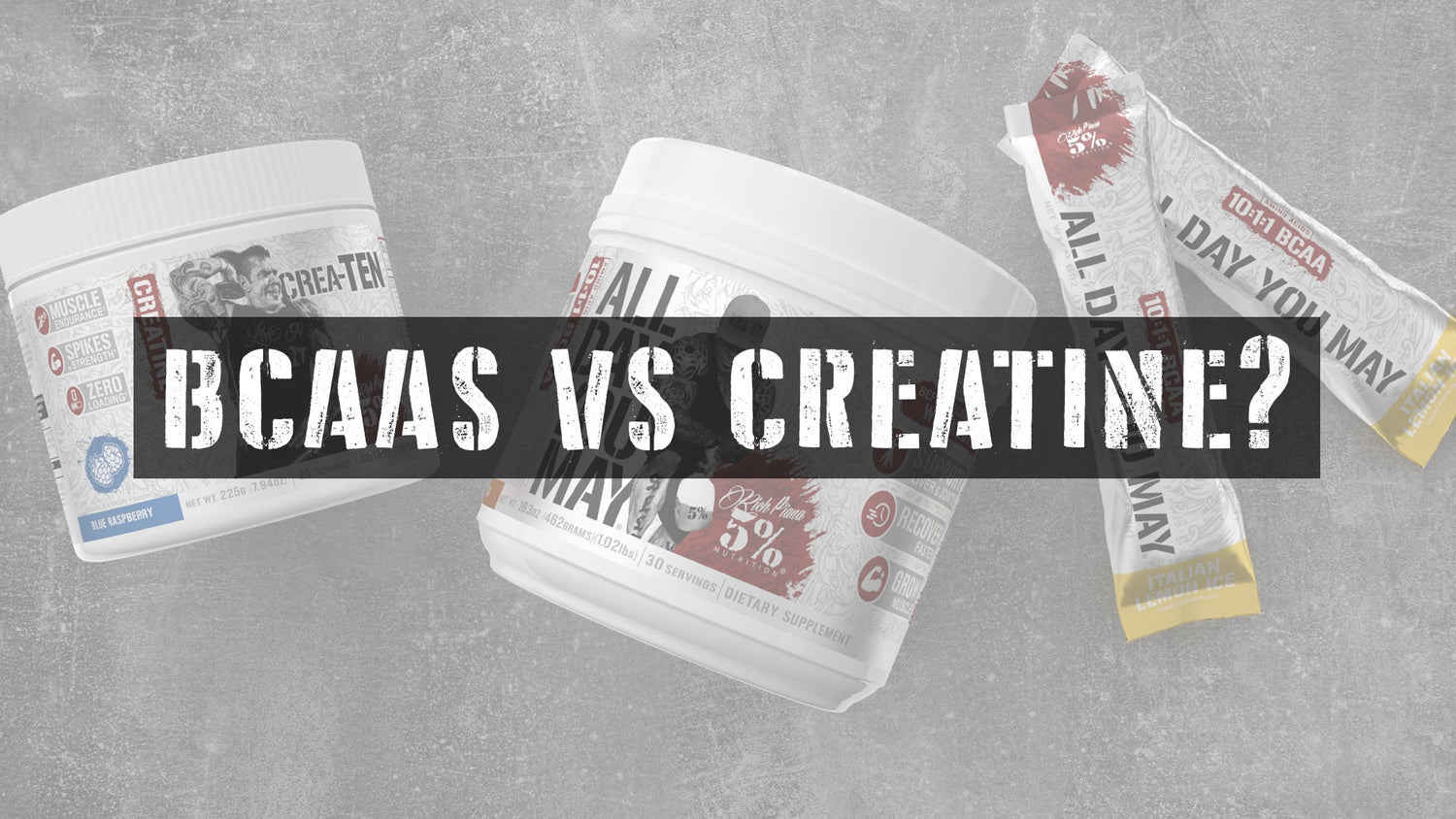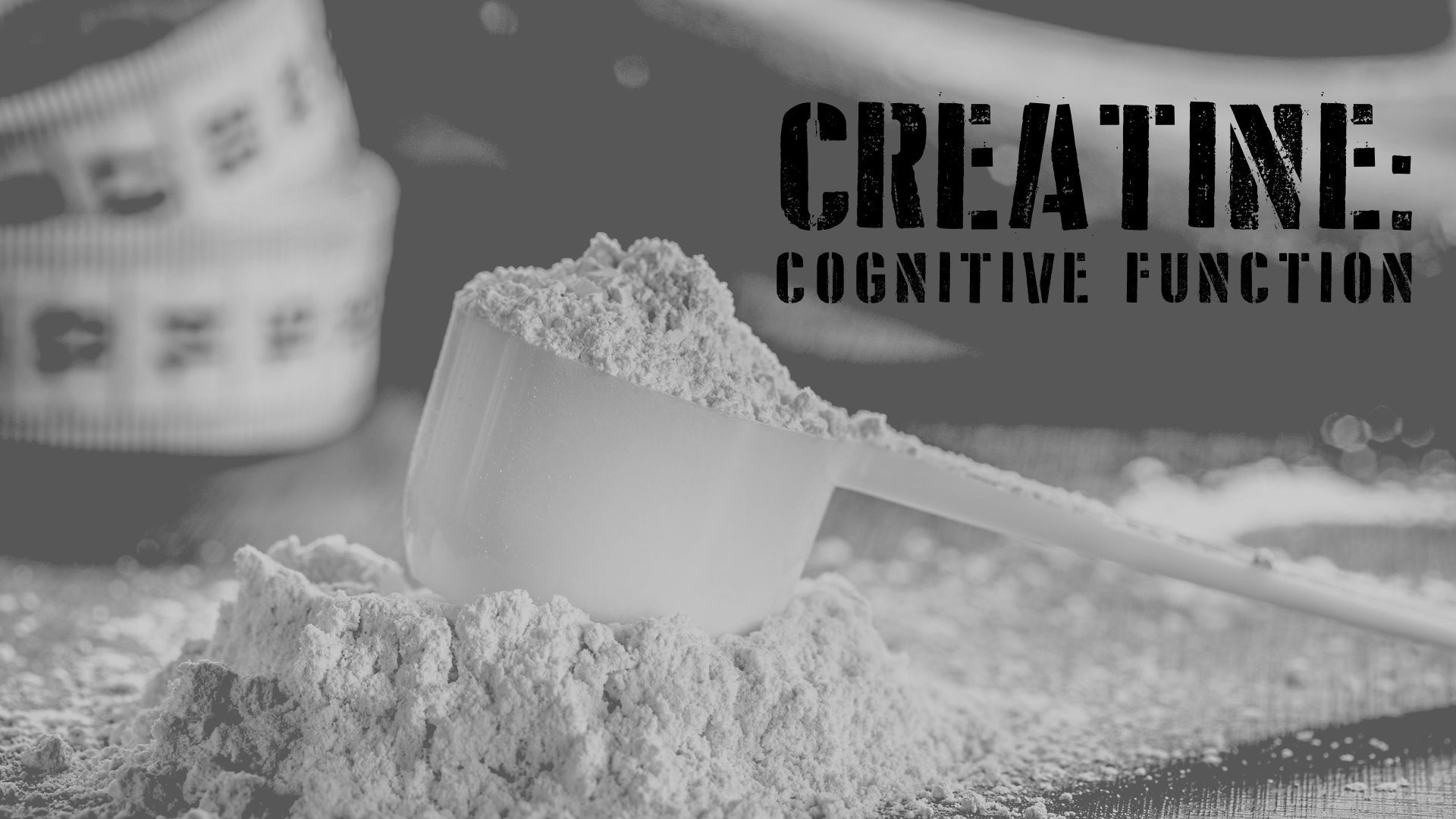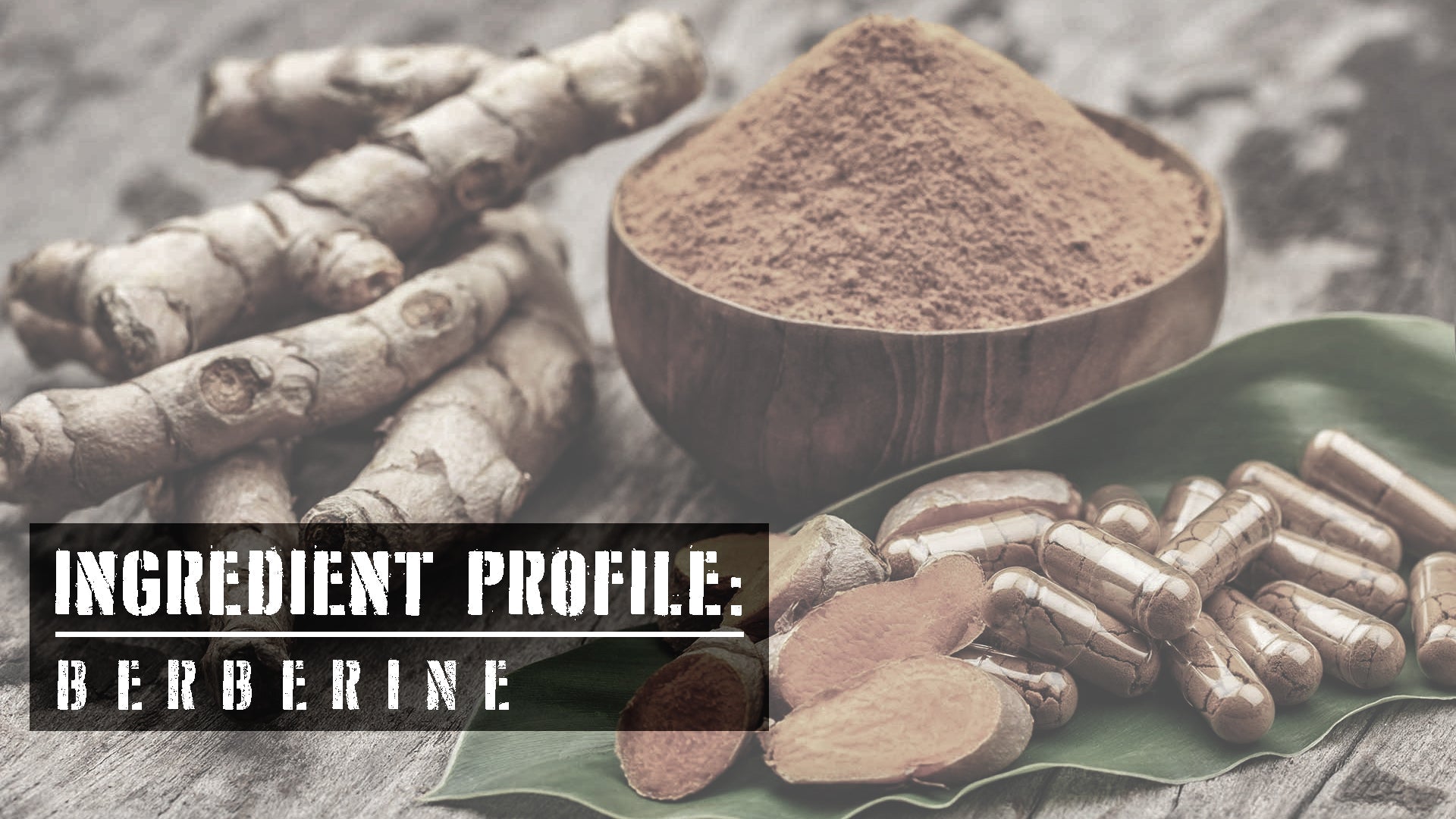BCAAs vs Creatine? Why? These two crucially important supplements should never be at odds with each other. Any hardcore 5%er knows that. Let's dive in and show why this is a silly debate to begin with.
A Brief Breakdown Of BCAAs
Amino acids consist of nitrogen, carbon, hydrogen, and oxygen, plus a variable side chain group. They are usually called the “building blocks” of protein. There are 20 and they carry out hundreds of bodily functions, including supporting muscle growth.(1)
Essential Amino Acids (EAAs)
The body can not make EAAs. They must come from food and supplements. There are nine, including the 3 BCAAs: histidine, isoleucine, leucine, lysine, methionine, phenylalanine, threonine, tryptophan, and valine.
Branched Chain Amino Acids (BCAAs)
The BCAAs (leucine, isoleucine, valine) are the most important of any amino acids. That’s because leucine is directly responsible for stimulating protein synthesis, a trigger of muscle growth. BCAAs/EAAs also help prevent muscle protein breakdown and support recovery. These benefits are crucial if gaining muscle is your goal.(2,3,4)
A Quick Look At Creatine
Creatine occurs naturally in the body and is a naturally occurring compound in fish and meats. It is manufactured from three amino acids: arginine, glycine, and methionine.(5)
What Does Creatine Do?
Creatine has several benefits. First, it pulls water into your muscles. This is known as cell volumizing or water-based pumps. Creatine also has a key role in the manufacture of ATP. Plus, it’s been recently determined to be important for recovery. That’s because it enhances post-workout glycogen replenishment. Also, it’s involved in muscle growth due to its cell volumization benefits which may stimulate protein synthesis. Finally, recent studies suggest creatine supports cognitive health.(6,7,8)
You Don’t Have To Choose - You Can Use Them Both!
Of course, you don’t have to choose; one isn’t necessarily better. Both can and should be used regardless of your goal, and you can get both with 5% Nutrition, of course! We have All Day You May, the most comprehensive amino acid powder you can buy. From its specialized 6-gram, 10:1:1 ratio BCAA complex, to its 5 other amino Blends, you can’t beat this incredible formula. There’s also Shake Time and Real Carbs + Protein, our real-food powders featuring our exclusive protein blend that’s high in the BCAAs/EAAs.
What About Creatine?
We have our legendary Crea-TEN formula and Core Creatine Monohydrate. Plus, Kill It and Kill It Reloaded contain advanced creatine blends. Finally, if you’re a beginner, start with our exciting Code Red Series - we have both Aminos and Creatine. So the only question is, which one do you want?
Recap
BCAAs vs Creatine? As we have seen, one is not better, there’s no reason they should be at odds. The clear answer is to use both, so stop by 5% Nutrition and get yours today!
References:
- https://www.medicalnewstoday.com/articles/324229.php
- https://examine.com/supplements/leucine/
- Wolfe RR; “Effects of amino acid intake on anabolic processes”; Can J Appl Physiol. 2001; 26 Suppl:S220-7; Retrieved from https://www.ncbi.nlm.nih.gov/pubmed/11897897
- Wolfe, RR; “Branched-chain amino acids and muscle protein synthesis in humans: myth or reality?”; J Int Soc Sports Nutr; 14(1):30; 2017; Retrieved from https://jissn.biomedcentral.com/articles/10.1186/s12970-017-0184-9
- https://medical-dictionary.thefreedictionary.com/creatine
- Nelson, A. G., Arnall, D. A., Kokkonen, J., Day, R., & Evans, J. (2001). Muscle glycogen supercompensation is enhanced by prior creatine supplementation. Medicine and science in sports and exercise, 33(7), 1096–1100. https://doi.org/10.1097/00005768-200107000-00005
- Ingwall, J. S., Weiner, C. D., Morales, M. F., Davis, E., & Stockdale, F. E. (1974). Specificity of creatine in the control of muscle protein synthesis. The Journal of cell biology, 62(1), 145–151. https://doi.org/10.1083/jcb.62.1.145
- Avgerinos, K. I., Spyrou, N., Bougioukas, K. I., & Kapogiannis, D. (2018). Effects of creatine supplementation on cognitive function of healthy individuals: A systematic review of randomized controlled trials. Experimental gerontology, 108, 166–173. https://doi.org/10.1016/j.exger.2018.04.013













